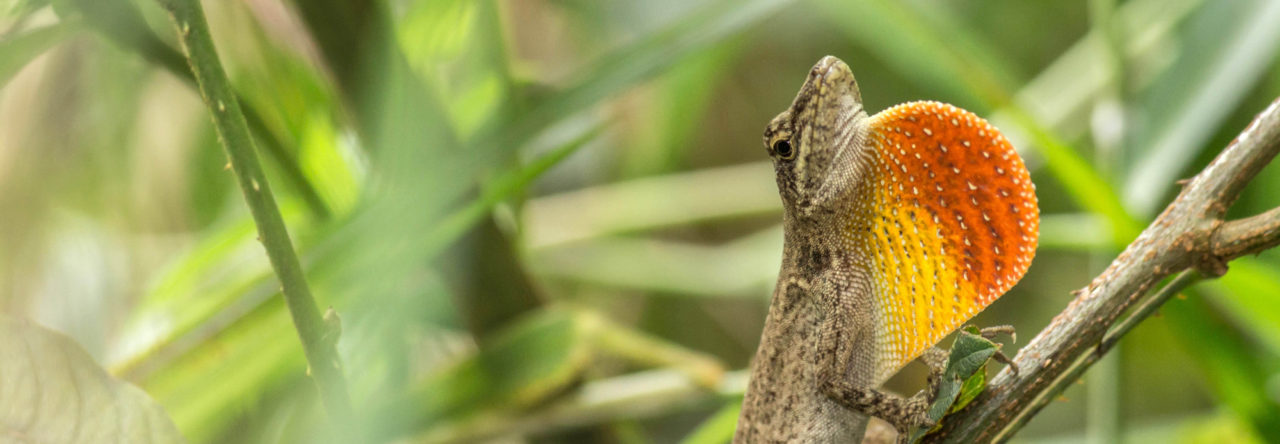
I dislike textbooks. I still remember the dismay as an undergraduate student of spending all that money to buy hugely expensive textbooks. And if there was any sense of excitement on cracking the cover of a textbook for a new course, it was soon scuttled by pages and pages of dense, dry text.
Now, as an educator, the cost of textbooks is still concerning but it’s their dubious pedagogical value that has led me to ditch them entirely from the courses I teach. Textbooks are great reference sources, but poor learning aids. They cover far too much material, often lack real-world context, and rarely illustrate the scientific process that led to a discovery.
There’s quite a bit of research in education showing that textbooks are not only considered boring by students, but students often struggle to recall and synthesize information obtained from them. Today’s students don’t read compulsory textbooks because the information they are more used to accessing is visually-based, focussed pieces of content online. So it isn’t really surprising that students have an aversion to reading course texts. This aversion is considered by many educators as one of the most critical issues plaguing higher education today.

Maybe you couldn’t care less about what undergraduates get up to (or not get up to). Maybe you’re just interested in learning cool things about animals, like anoles (obviously, and fair enough!). In any case, check out the soft release of the free graphic novel, Understanding Animal Behaviour.

